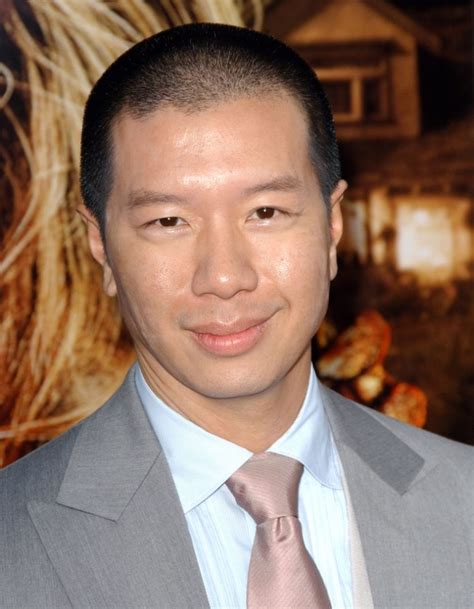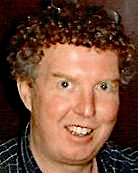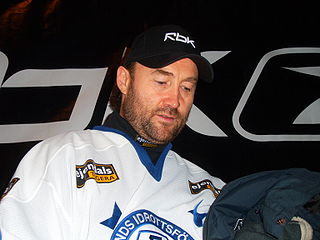A Quote by Nathaniel Philbrick
After Brown, I went to Duke, to a Ph.D. program in American literature. My dad's an English professor. After a year there, I was like, 'Jesus. I don't want to do this. I don't want to be in the library.' So I pulled the ripcord, and that was it.
Related Quotes
My dad is an ob-gyn - he's retired now - and he wanted to come to the States to make a better life, for opportunity. My mom said that, on the plane ride here, I did not want to speak a word of English - I spoke Tagalog. And then, after the first day of school, I didn't want to speak anything but English.
I love entertaining people, I love playing music, and I love rocking like an animal. But at a certain point, you're playing gig after gig after gig, in town after town after town, and you're lying down, staring at another hotel-room ceiling, and it's like, 'I want to be home. I'm a dad. I've got kids.'
This is a devastating problem, is, the longer our children are in school, the worse they do. Year after year after year, our children in America are falling further behind. Our 3- and 4-year-olds enter kindergarten OK, and they fall further and further behind. Each year, children in other countries are learning more than children in this country. And so the gap between American student performance in Singapore and Finland and South Korea and Canada and these other countries, the gap widens year after year after year.
The English tourist in American literature wants above all things something different from what he has at home. For this reason the one American writer whom the English whole-heartedly admire is Walt Whitman. There, you will hear them say, is the real American undisguised. In the whole of English literature there is no figure which resembles his - among all our poetry none in the least comparable to Leaves of Grass
It was no accident, no coincidence, that the seasons came round and round year after year. It was the Lord speaking to us all and showing us over and over again the birth, life, death, and resurrection of his only begotten Son, our Savior, Jesus Christ, our Lord. It was like a best-loved story being told day after day with each sunrise and sunset, year after year with the seasons, down through the ages since time began.
Our hearts are continuously rebellious. Every time we sin in thought, word, or deed, we're essentially saying in that moment that, "I don't need you God. I don't want you God. I like my way better than your way." If this goes on day after day after day, year after year, month after month, it would understandable for God to say, "I've given you ten trillion tries. You're finished." But it's not. So in that sense, His grace is always surprising, never ceases to be amazing and His mercy is remarkably outrageous.
English is, from my point of view as an Americanist, an ethnicity. And English literature should be studied in Comparative Literature. And American literature should be a discipline, certainly growing from England and France, Germany, Spain, Denmark, and the Native traditions, particularly because those helped form the American canon. Those are our backgrounds. And then we'd be doing it the way it ought to be done. And someday I hope that it will be.


































